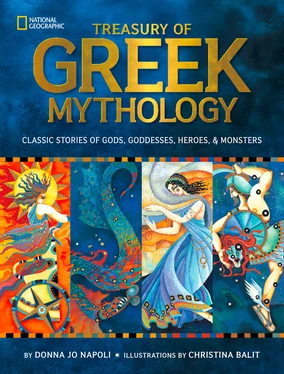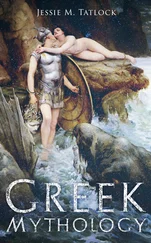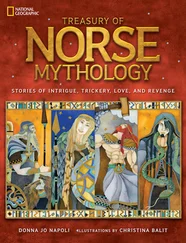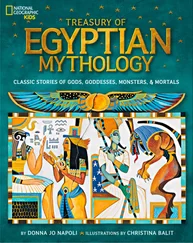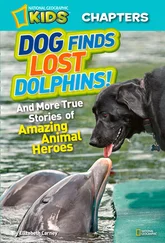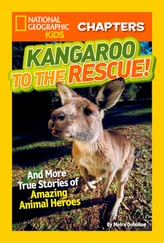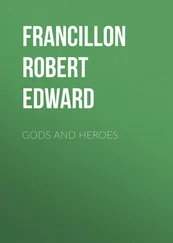Christina Balit - Treasury of Greek Mythology - Classic Stories of Gods, Goddesses, Heroes & Monsters
Здесь есть возможность читать онлайн «Christina Balit - Treasury of Greek Mythology - Classic Stories of Gods, Goddesses, Heroes & Monsters» — ознакомительный отрывок электронной книги совершенно бесплатно, а после прочтения отрывка купить полную версию. В некоторых случаях можно слушать аудио, скачать через торрент в формате fb2 и присутствует краткое содержание. Жанр: unrecognised, на английском языке. Описание произведения, (предисловие) а так же отзывы посетителей доступны на портале библиотеки ЛибКат.
- Название:Treasury of Greek Mythology: Classic Stories of Gods, Goddesses, Heroes & Monsters
- Автор:
- Жанр:
- Год:неизвестен
- ISBN:нет данных
- Рейтинг книги:3 / 5. Голосов: 1
-
Избранное:Добавить в избранное
- Отзывы:
-
Ваша оценка:
- 60
- 1
- 2
- 3
- 4
- 5
Treasury of Greek Mythology: Classic Stories of Gods, Goddesses, Heroes & Monsters: краткое содержание, описание и аннотация
Предлагаем к чтению аннотацию, описание, краткое содержание или предисловие (зависит от того, что написал сам автор книги «Treasury of Greek Mythology: Classic Stories of Gods, Goddesses, Heroes & Monsters»). Если вы не нашли необходимую информацию о книге — напишите в комментариях, мы постараемся отыскать её.
Treasury of Greek Mythology: Classic Stories of Gods, Goddesses, Heroes & Monsters — читать онлайн ознакомительный отрывок
Ниже представлен текст книги, разбитый по страницам. Система сохранения места последней прочитанной страницы, позволяет с удобством читать онлайн бесплатно книгу «Treasury of Greek Mythology: Classic Stories of Gods, Goddesses, Heroes & Monsters», без необходимости каждый раз заново искать на чём Вы остановились. Поставьте закладку, и сможете в любой момент перейти на страницу, на которой закончили чтение.
Интервал:
Закладка:
Some things about daily life can be counted on. The sun rises, crosses the sky, sets. Stars come out at night. Rivers flow toward the sea. The air and land and waters burst with life. These life-forms feed one another: Plants are eaten by animals, which are eaten by other animals. But there are also interruptions: volcanoes, earthquakes, tsunamis, storms. Life on Earth is complex.
From our earliest records of human activity, we can conclude that people recognized this complexity and wanted to explain it. So far as we know, humans are the only creatures who entertain a wide variety of questions about the nature of existence. The questions that people from different societies raise are often quite similar, but the answers they give and the relative importance they assign to these answers can be significantly different. And those answers define the human values of our societies. They are at once based on intellect, experience, and emotion. And from them, we draw our ethics, our rituals, and our storytelling.
In this book we find answers offered by the ancient Greeks to many of the questions humans long to understand. But we also find gods, goddesses, heroes, and monsters who love and hate and grow jealous and get duped; they are blessed and cursed with all the emotions that enrich and plague ordinary humans. In reading the myths, we begin to understand that the ancient Greeks must have wanted more than just the big answers from their gods. They must have also wanted their gods to be a reflection that could help them understand themselves.
A note to ebook readers: We hope you find the art in this book as enchanting as we do. To experience it in more detail, you may be able to enlarge it. In most reading systems, you can double tap on the image to bring up a full-screen viewer with zoom and pan functionality.

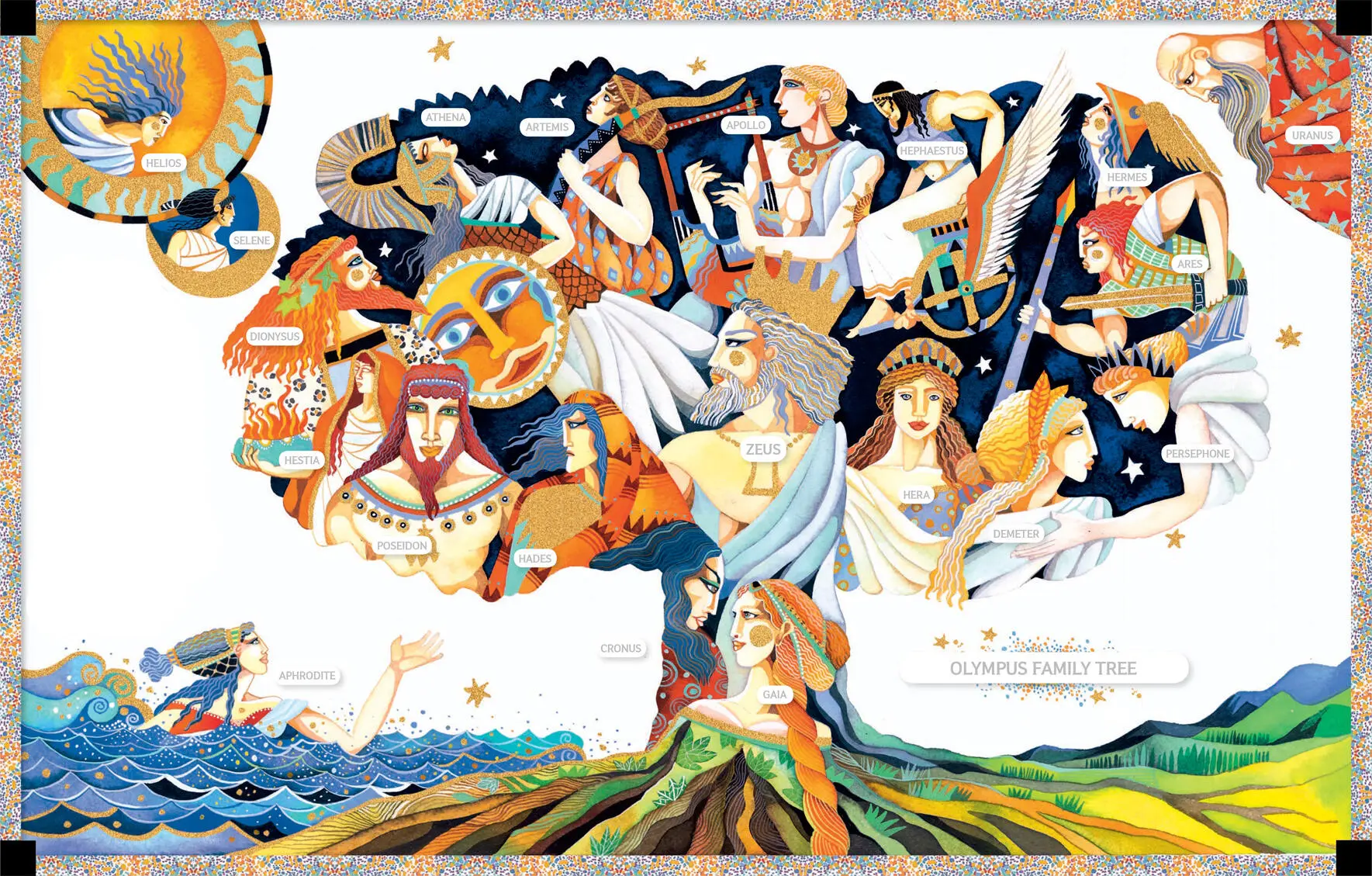
From the earliest nothingness came air and water and earth, all churning and whirling until they were inextricably bound and life became inevitable: A tree sprouted and grew strong and unruly, fruited with gods and goddesses whose powers thrived under the sun and moon and stars, stretching into every corner of the universe. That tree would nourish and confound the lives of the simple mortals yet to come.
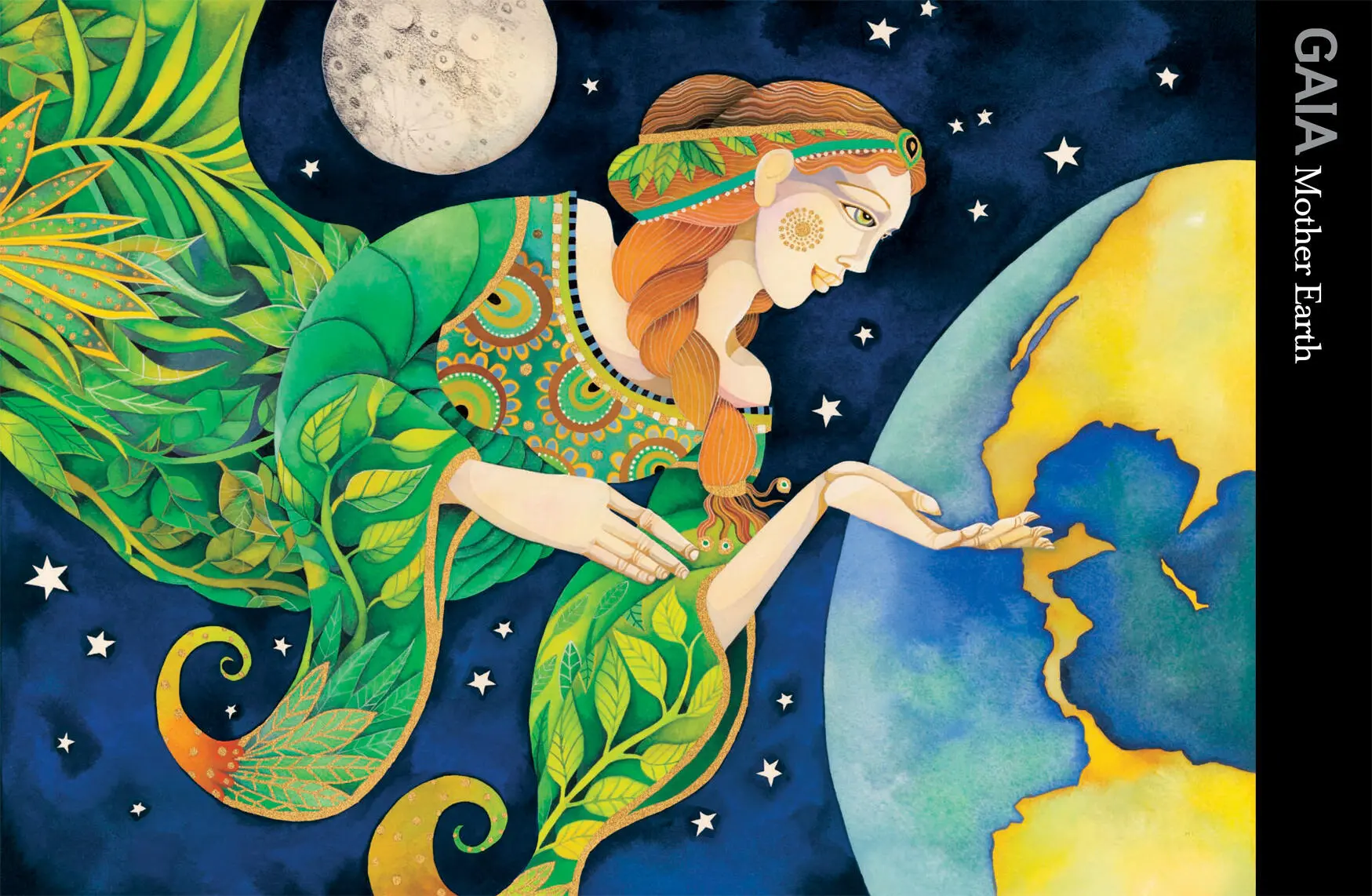
How do you get something from nothing? Not easily, it would seem.
From empty Chaos, somehow sea and earth and air appeared. They drifted around, pieces of each getting lost in the other. No water was swimmable, no land was walkable, no gas was breathable. Anything hot could quickly turn cold. Anything cold could burst into flames. Shapes shifted, textures shifted. Objects merged one into the other effortlessly, then suddenly—slam! One or both turned inexplicably hard. What was heavy became weightless. What was weightless crashed through earth and sea and air, shattering and splattering and scattering bits of everything and nothing.
Rules of nature? They didn’t operate. Indeed, there was no nature. There was nothing reliable in this turmoil except lack of order. And lack is the essence of need.
Out of that original need came the mother force, Gaia. All on her own. Need can do that.
Gaia sucked up heat and stored it in her heart. She wrapped herself round and round with anything solid she could reach, growing firmer with each layering. She pulled together her glassy sands, lifting them, grain by grain—free of air, to form deserts; free of water, to form beaches. She pushed together gigantic plates of rock until her mountains rose high, so far from her scalding heart that snow settled on their peaks.
As Gaia disentangled herself from the waters and the gases, the seas fell together in giant puddles, the heavens arched over it all. In this way the emergence of Gaia led to both the wholeness of the seas, called Pontus, and the wholeness of the heavens, called Uranus.
Gaia is the flowing circle of heat, whose energy allowed land and sea and air to gather and welcome life. She’s known as Mother Earth.
But Gaia was generous, as a mother should be. She opened her veins so water could rush through rivers and creeks, and pool together in large low lakes and small hidden ponds. She yielded here and there to the gases, allowing crevices to cradle them. One in particular was huge and gaping: the waiting hole for the dead. But at this point she didn’t know that. She knew things only as they happened, like a child encountering everything for the first time. She created the hole almost as though she understood instinctually all the gain and loss that would follow from her generosity.
The seas learned from Gaia and welcomed islands. The skies learned from Gaia and welcomed stars. And then the seas and skies went further and worked together to cycle water from the salty seas to the skies, then fresh and sweet to the lands, who returned it once more to the seas.
But Gaia was not the only child of the enormous original need; there were two others. One was Tartarus, the Underworld. The other was Eros, the god of love. Then Chaos gave a giant yawn and out flowed the total darkness of Night as well as Erebus. Erebus, like Gaia, was a place as well as a force, seeking to fill crannies. Erebus settled into the hole for the dead and became the upper part of the Underworld.
Eros was beautiful, but not ordinary beautiful. Eros’ beauty made the others quiver. It made them dream of being enveloped in warm caresses. Of getting drunk on thick creamy honey. Of swooning from ambrosia. Of whirling to tinkling music. Of being dazzled by sparkles in this lightless world.
So Night and Erebus fell in love, and Night gave birth to Day. And with light, in the lushness of fresh and salty water and in the expansiveness of air, life on Earth began. Grasses and vines wound their way around the globe. Bushes gently bloomed.
Gaia watched Night and Erebus with envy. She felt so alone. She was the cause of all this wonder, yet none of it satisfied her. She was hungry, longing, needy. And so she turned to the heavens and the seas—Uranus and Pontus. She loved them both, of course. But Uranus seemed soothing, while Pontus seemed raging. So she chose Uranus as her husband.
Let There Be LIGHT
Around the world, stories of the creation of life appear. Usually the sun plays an important role in these stories, which is no surprise, given how important the sun is to life on Earth. Greek mythology is different in a strange way, though: Daylight appears early in the creation story, but daylight is not connected to the sun, at least not initially. Interestingly, in the Book of Genesis the appearance of light also precedes the appearance of the sun.
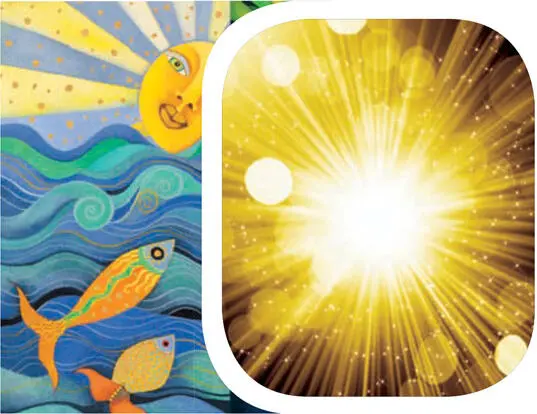
A light-burst shines bright in space.
Uranus was the god of heaven. He was the brother of the sea god Pontus. And the earth goddess Gaia chose him for her husband.
Uranus spread himself over Gaia, enveloping her in that comforting way that the sky has on warm spring and summer nights. He dazzled her with stars, fulfilling the dreams that Eros had given her. He swirled through her trees, setting leaves atremble. He wafted across her meadows, freeing milkweed seeds to float everywhere, everywhere. He was tender. That’s what she loved the most. That’s what made earth and sky harmonious.
Читать дальшеИнтервал:
Закладка:
Похожие книги на «Treasury of Greek Mythology: Classic Stories of Gods, Goddesses, Heroes & Monsters»
Представляем Вашему вниманию похожие книги на «Treasury of Greek Mythology: Classic Stories of Gods, Goddesses, Heroes & Monsters» списком для выбора. Мы отобрали схожую по названию и смыслу литературу в надежде предоставить читателям больше вариантов отыскать новые, интересные, ещё непрочитанные произведения.
Обсуждение, отзывы о книге «Treasury of Greek Mythology: Classic Stories of Gods, Goddesses, Heroes & Monsters» и просто собственные мнения читателей. Оставьте ваши комментарии, напишите, что Вы думаете о произведении, его смысле или главных героях. Укажите что конкретно понравилось, а что нет, и почему Вы так считаете.
